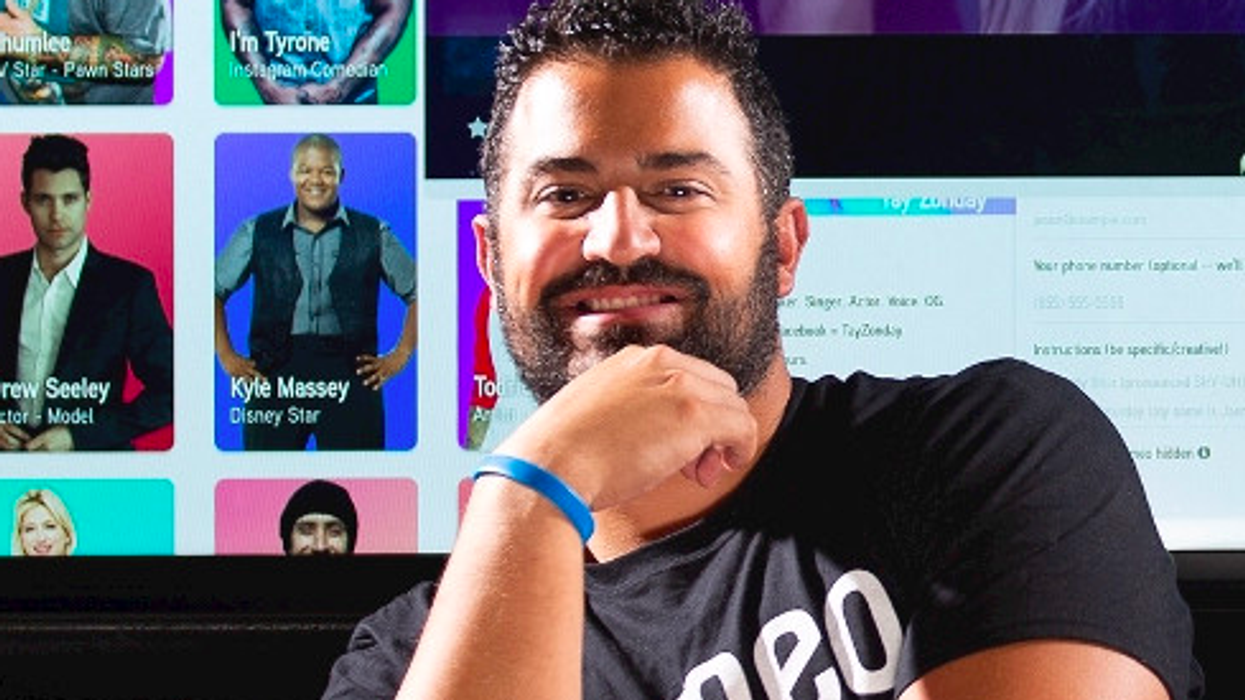Our Most-Read LA Startup and Tech Stories of 2020

This year was filled with pivots, pauses and restarts for L.A.'s tech and startup world. In our first year of chronicling it (we officially launched January27th), our most-read stories reflect the strangeness of 2020, and go some way in predicting some big questions for 2021. From gaming to biotech, movies to music, and transportation to education, the shifts have been dramatic. Where will we be when the dust settles from this year? As we head into our second year, we'll keep a close eye on the trends that have transformed some of L.A.'s core industries.
Take our survey below and help us as we get started with year two!
#1: Bird's Botched Layoffs

The early days of the pandemic, as companies scrambled to shore up cash and preserve their business, provided a number of examples of how to handle a crisis. L.A.-based scooter unicorn Bird, sadly, provided the world a lesson in how not to do it, calling over 400 employees into a glitchy virtual chat and summarily dismissing them all in a two-minute, no-question call that left employees feeling baffled, humiliated and betrayed. In a post that went viral, dot.LA spoke with employees and obtained a recording of the call.
#2: Ageism and Women in the Workplace
"When you're older you get discredited and when you're younger you get discredited." Our virtual discussion on how ageism affects women in the workplace struck a nerve with readers. Inclusology founder Cheryl Ingram, PhD and Cue Career founder Heather Wetzler discussed strategies for women to employ at every stage of their careers, and tools that companies can use to combat workplace discrimination.
#3. The Twentysomething Who Built LA's COVID Testing Response

Interest in our profile on Fred Turner, the 25-year-old college dropout who founded of Curative Inc., gathered over the course of the year, as more people became personally familiar with the testing system he helped deploy at Dodger Stadium and throughout the city (and, eventually, the country). "We are a strange company because our goal is to essentially put ourselves out of business," Turner told dot.LA at the time. Sadly, his startup has only grown since we published the story.
#4. The Rise and Collapse of LA's $164M Cannabis Startup

The killing of a well-connected Russian investor and the missteps of the twenty-something U.S. executives he hired to run his $164 million cannabis empire made for one of the most compelling stories we published this year. dot.LA spoke to dozens of former employees, as well as state and national law enforcement, to bring readers this 5-part series on the collapse of the Genius Fund.
#5. The Tech Startups Poised to Reshape How Music is Made

#6. Where Celebrities Meet the Gig Economy
 Cameo CEO Steven Galanis
Cameo CEO Steven GalanisIn 2020, CEO Steven Galanis moved from Chicago to L.A. with a number of his Cameo cohorts. The app has increasingly found itself at the intersection of two mega-trends: the growth of gig work and the rise of the influencer economy. Social media stars have been leveraging their massive audiences and forcing the advertising industry — so often fixated on TV, film and sports celebrities — to take notice. Our profile of Galanis and his company revealed a world of celebrities eager to take hold of their audiences — and monetize them.
#7. The Investors Who Remained Unfazed

When the pandemic brought the economy to a standstill in March, many L.A. entrepreneurs found themselves staring down a frightening future. But investors were still spending. Inspired by a LinkedIn post from Luma Launch partner Laurent Grill, dot.LA published a list of local investors still looking to fund great ideas. The resulting post took off and so did the dealmaking.
#8. FAANG Reimagines LA Real Estate

Among the trends that have reshaped L.A. during the pandemic has been the rapid rise of streaming services and the equally stunning shift in audience habits for movies and TV. As the world emerges from the pandemic in 2021, it will find Netflix, Google and other FAANG companies have gobbled up real estate — especially on the Westside, where Netflix alone is poised to occupy 10% of commercial real estate by 2023.
#9. Sketchy's Product Plans and Edutainment's Rapid Rise

In 2020, Sketchy Medical grew from a cult startup that helped medical students efficiently memorize clusters of information into an edtech darling, with big raises, a new CEO lured from Disney and plans to leverage its foothold in education technology into a full-blown media empire that aims to make remote learning more effective and far more entertaining. Its story parallels the incredible disruption taking place in schools and homes globally, as parents, teachers and school districts confront the pandemic and rethink how education can happen.
#10. Karma's IPO Push and Electric Cars' Banner Year

dot.LA got the scoop on luxury electric car company Karma's moves to go public via SPAC, but it was far from the only SoCal electric vehicle startup to do so. In the wake of Tesla's turbocharged stock market rise, Canoo, Fisker, Xos, Envoy and many others sought their own IPOs or raised massive rounds. It's a trend we'll be watching closely as California ramps up its plans to go fossil fuel free by 2035.





 Image Source: Blackbird
Image Source: Blackbird